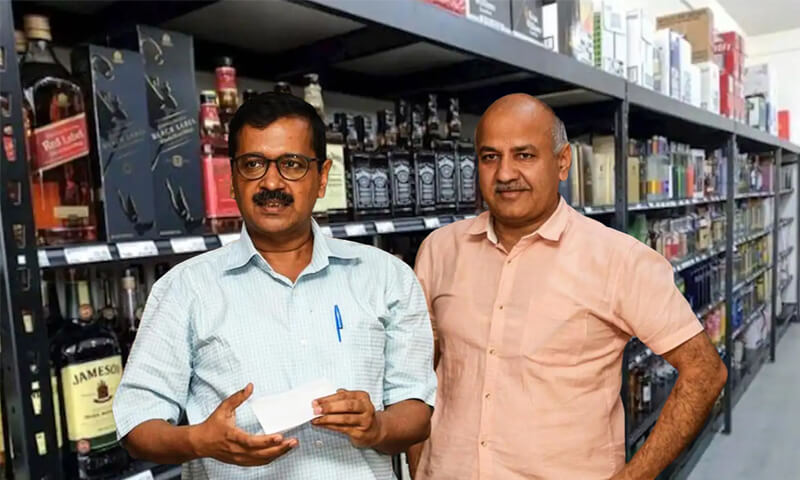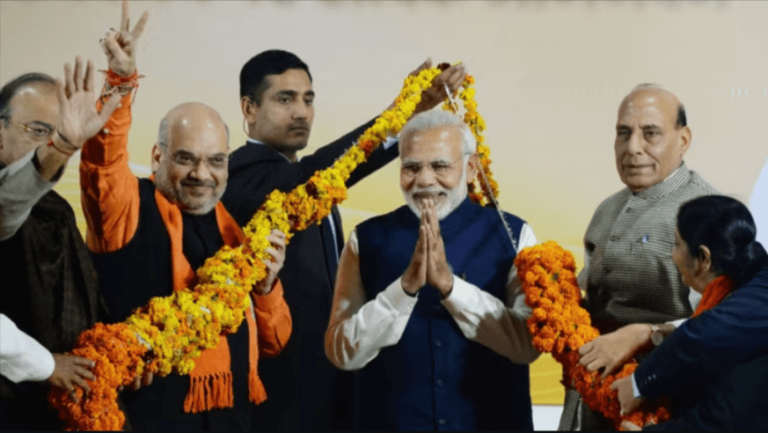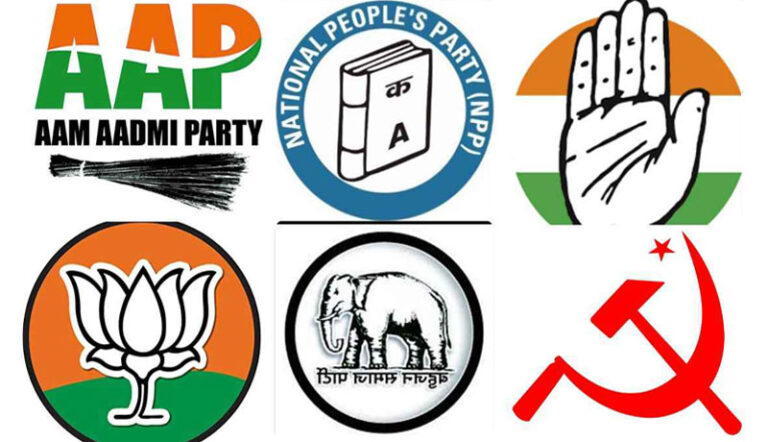Dubbed the “Delhi Liquor Scam,” this saga unfolds against the backdrop of the city’s vibrant nightlife and its thriving liquor industry. But behind the glittering façade lies a web of allegations and suspicions that have cast a pall over the administration of Chief Minister Arvind Kejriwal and his Aam Aadmi Party (AAP).
At the heart of the controversy are allegations of irregularities in the issuance of licenses for the sale of liquor in the national capital. The accusations suggest a nexus between certain government officials, politicians, and liquor vendors, wherein licenses were allegedly granted in exchange for financial kickbacks or other favors. These allegations strike at the core of governance, raising questions about the fairness of the regulatory process and the potential exploitation of public resources for private gain.
The genesis of the scandal can be traced back to whistleblowers and activists who sounded the alarm about suspected malpractices within the Delhi government’s excise department. Their allegations, supported by purported evidence ranging from leaked documents to testimonies, triggered a flurry of investigations and media scrutiny.
In response to mounting pressure, the Delhi government, led by Chief Minister Arvind Kejriwal, pledged to probe the matter thoroughly and ensure accountability. A series of inquiries, including those by government agencies and independent commissions, were initiated to uncover the truth behind the allegations. These investigations delved into various aspects of the licensing process, scrutinizing the roles of officials, politicians, and stakeholders involved.
As the investigations unfolded, they unearthed a complex labyrinth of bureaucratic red tape, regulatory loopholes, and alleged instances of corruption. Reports emerged of licenses being granted without due diligence, arbitrary decisions favoring certain vendors, and discrepancies in the enforcement of excise laws. Moreover, questions were raised about the role of political influence and patronage in shaping the liquor trade landscape in Delhi.
Amidst the swirl of allegations and investigations, the political fallout of the Delhi Liquor Scam reverberated across the city’s political landscape. Opposition parties seized upon the controversy to lambast the AAP government, accusing it of failing to uphold ethical standards and safeguard public interests. Calls for Chief Minister Arvind Kejriwal’s resignation echoed in the chambers of the legislative assembly, as critics demanded accountability for the alleged wrongdoing.
However, amidst the cacophony of accusations and counterclaims, the quest for justice and accountability faced formidable hurdles. Legal proceedings, characterized by delays, adjournments, and procedural complexities, stretched the timeline of the investigations, leaving many impatient for closure. Moreover, the politicization of the issue and the vested interests at play further muddied the waters, complicating efforts to uncover the truth.
As the Delhi Liquor Scam case continues to unfold, it serves as a stark reminder of the challenges that confront India’s democratic institutions in their pursuit of transparency and integrity. Beyond the immediate ramifications for those implicated, the scandal underscores the imperative of robust oversight mechanisms, stringent anti-corruption measures, and a culture of accountability within governance structures.
Ultimately, the resolution of the Delhi Liquor Scam will not only determine the fate of the individuals involved but also test the resilience of India’s democratic ethos and its commitment to upholding the rule of law. For the millions of citizens who call Delhi home, the outcome of this saga holds profound implications for the credibility and trustworthiness of their elected representatives and the institutions they serve. As the wheels of justice turn, the nation watches with bated breath, hoping for a resolution that restores faith in the promise of a fair and accountable democracy.





